Norfolk is the fifth largest county in England and contains the biggest lowland forest in Britain, along with vast broads, open pasture and wild shores.
Wildlife thrives in Norfolk, particularly on the coast where grey seals rub shoulders with wading birds, especially prevalent in the winter months. Look out too for otters, spring and summer wildflowers and swathes of autumn heather.
From easy, short walks to more challenging hikes, here is our pick of the best walking routes in Norfolk.
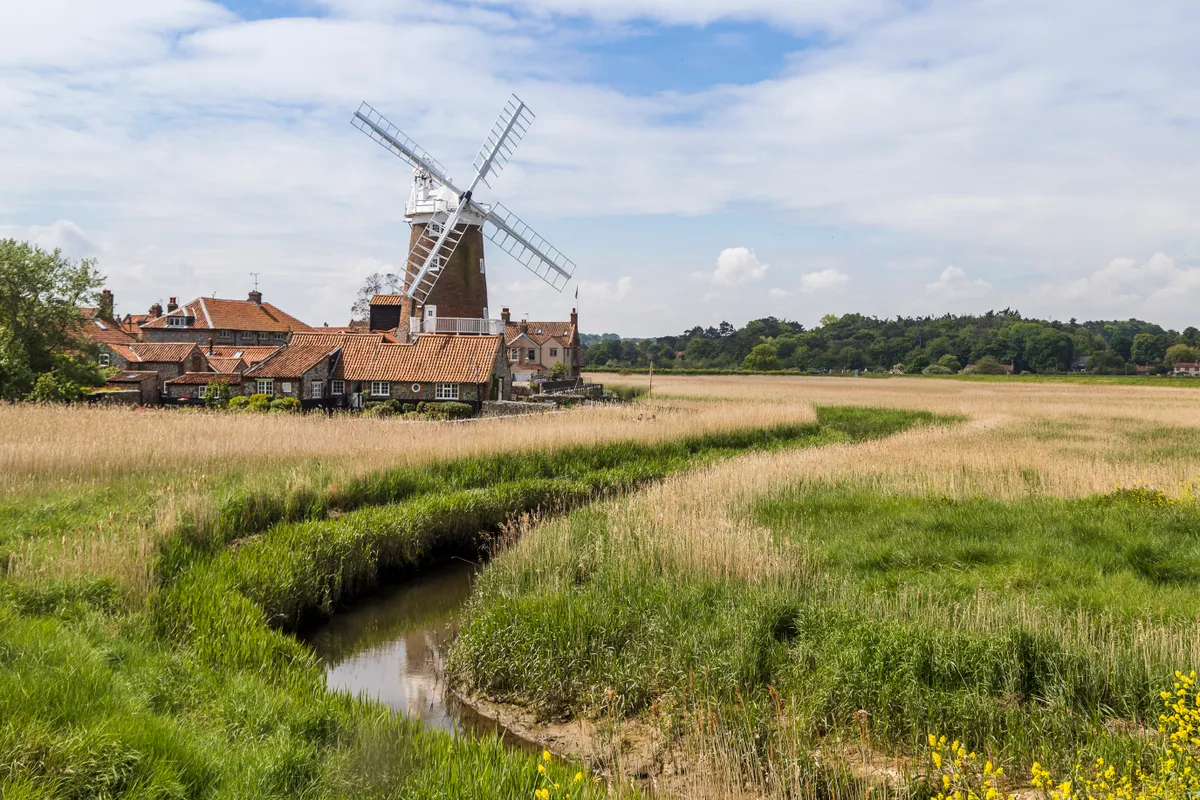
Best walks in Norfolk
Holkham Beach
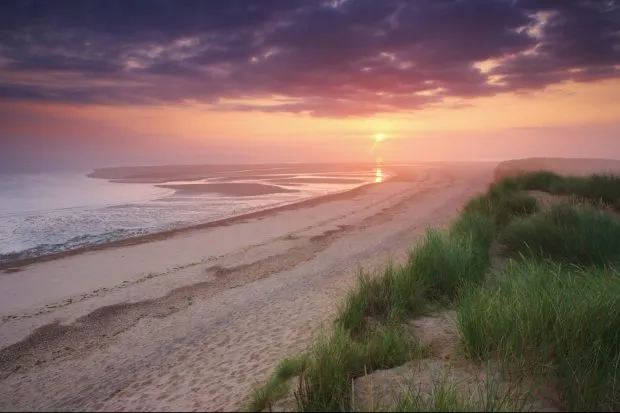
Take a hike through creaking pinewoods, beside wildlife-rich marshes and along one of Britain's most beautiful beaches on the North Norfolk coast.
Cley Marshes
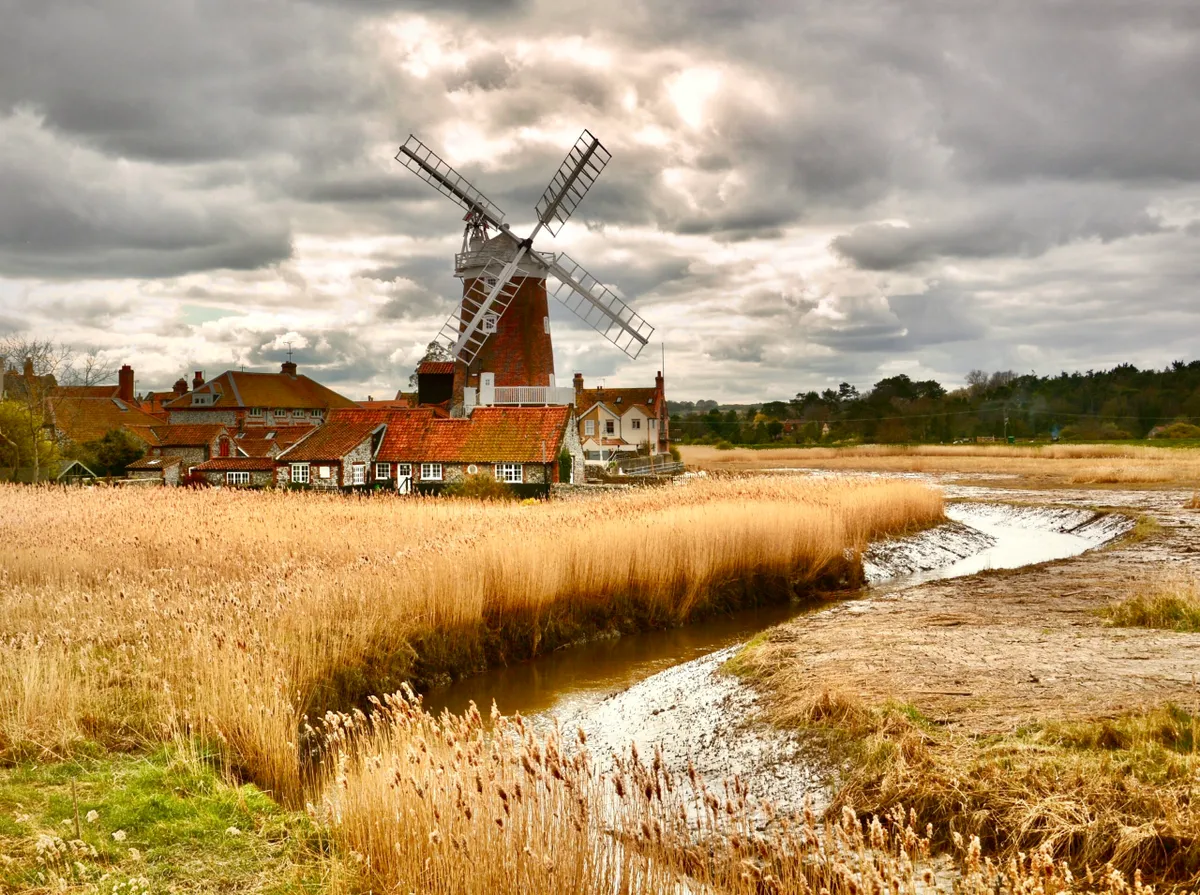
After being acquired in 1926, Cley Marshes formed the blueprint for nature conservation across England. The result is a haven for some of the UK’s most exciting bird species, including thousands of pink-footed and Brent geese.
An easy 3.5 mile circular route is the best way to observe them, with flat paths leading you through towering reed beds, saline lagoons and a classic Norfolk shingle beach.
Waxham to Sea Palling
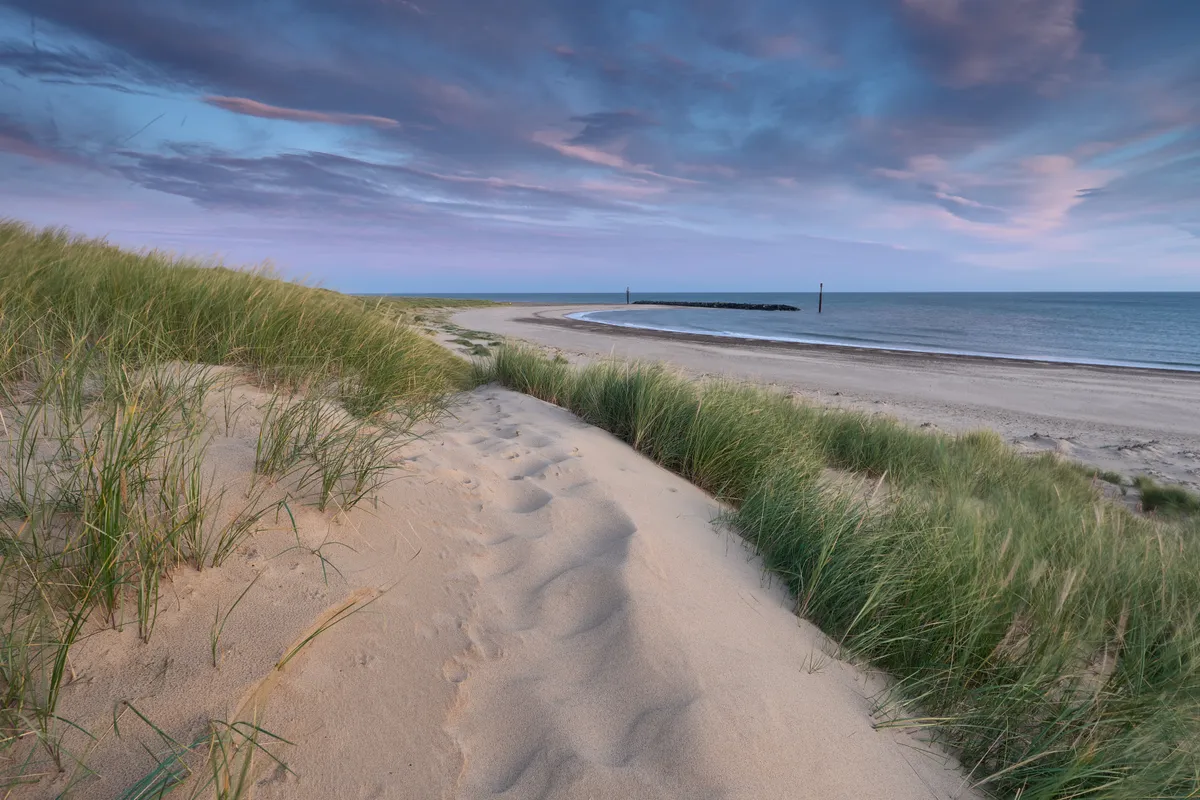
Walk along the beach from Waxham to neighbouring Sea Palling, a classic little seaside village, with ice creams, chips, amusement arcades and more. Enjoy a swim at the sandy horseshoe bay – which you will often share with seals – then return to Waxham via the Norfolk Coast Path, tucking yourself in next to the sand dunes.
Lynford Arboretum
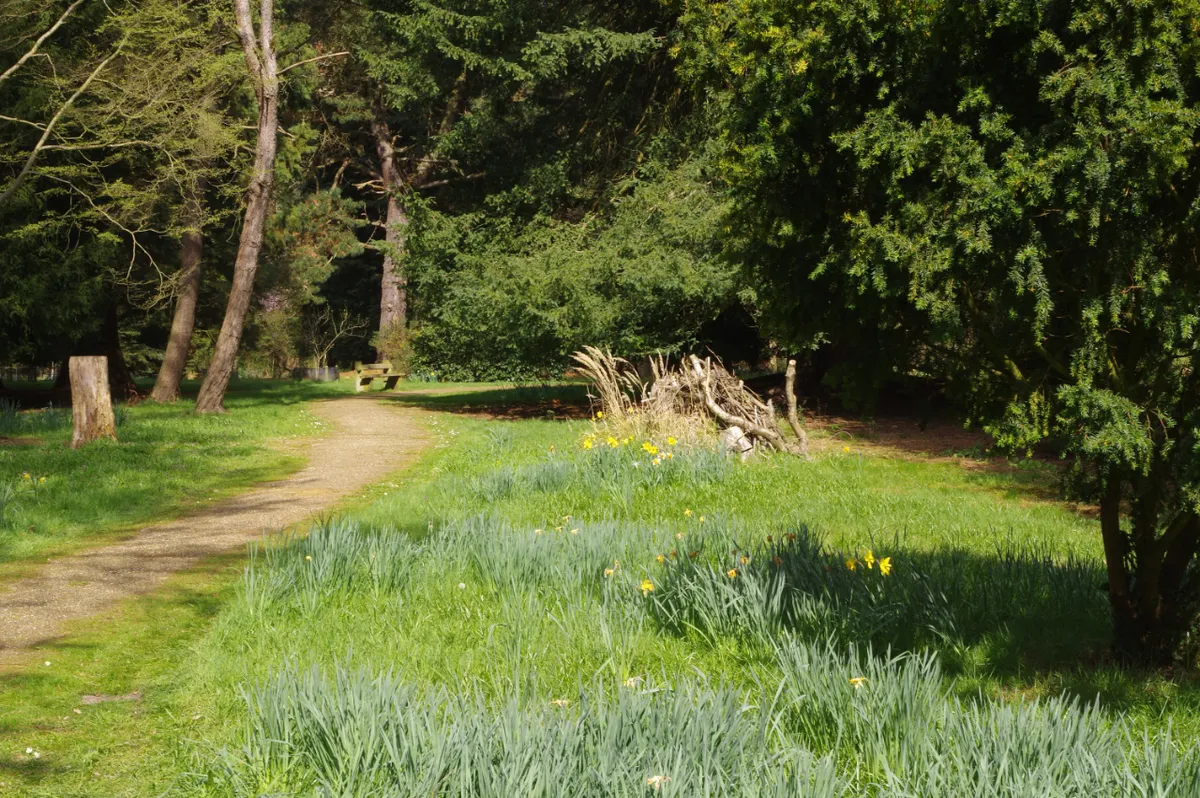
With a patchwork of pines, broadleaved trees and sandy heathland, Thetford Forest is Britain’s biggest lowland woodland.
Lynford Arboretum, in the far north of the forest, is a tranquil woodland gem boasting brilliant birds, spring blooms, autumn fungi and an artisan cafe. This short, wheelchair-friendly walks explores the best bits of the arboretum.
Brancaster Staithe
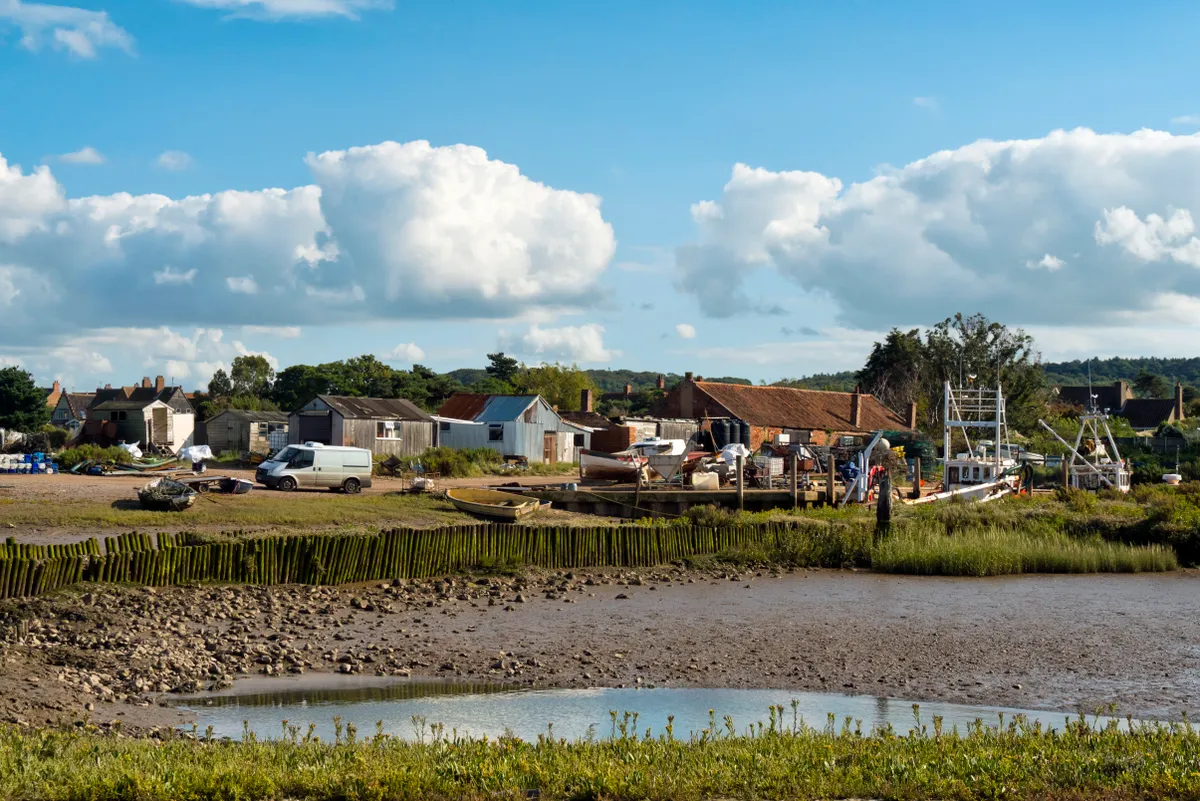
Skirt along saltmarsh, roam past an old Roman Fort and ascend a glacial ridge for a stunning coastal vista on this 4.4-mile walk from Brancaster Staithe to Barrow Common in Norfolk.
Sandringham

Set in 24 hectares of delightful gardens and parkland in West Norfolk, Sandringham has been a much-loved home of the royal family for the past three generations.
- 10 spectacular royal palaces, castles and houses to visit
- The 10 most beautiful royal gardens in the UK
Sandringham’s Country Park is a popular place to visit, with facilities including a visitor centre, shop, restaurant, toilets and a large car park (fees apply). It’s dog friendly, there’s a children’s play area, cycle trail and waymarked walks, too. Look out for beautifully carved wooden sculptures en route.
High Ash Farm
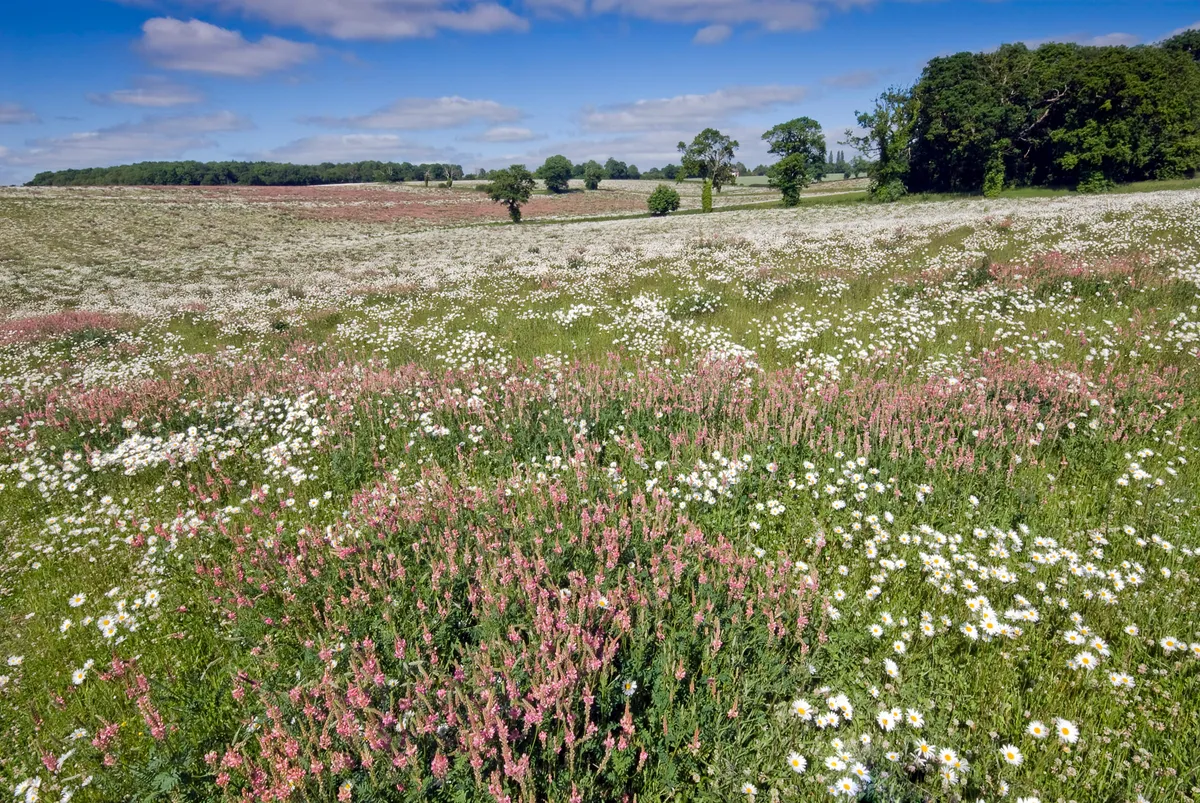
The starting point of this easy 3.4-mile walk is Venta Icenorum, a Roman town and disputed home of Queen Boudicca, famous leader of the Iceni. Within the High Ash Farm boundary you’ll also find traces of a Saxon graveyard.
Much of this walk follows a network of permissive paths across the farm. The upkeep of these paths (and the farm itself) are only made possible thanks to donations from the public.
Cromer
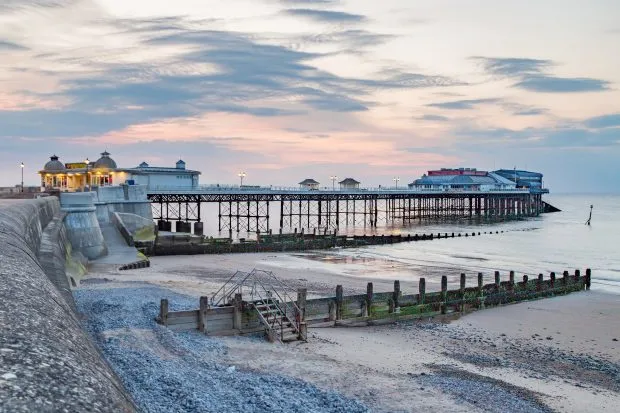
A stunning 11-mile walk along the Norfolk coast, starting and ending at the seaside resort of Cromer – marvel at yellow sea poppies, watch tractors pull fishing boats from the sea and dine on delicious dressed crab.
Halvergate and Berney Marshes
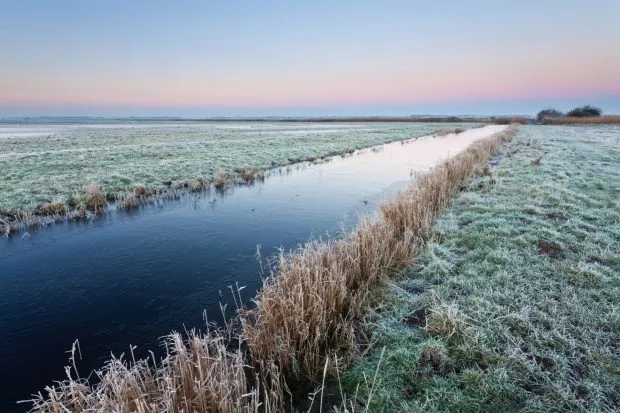
This route takes you through rustling reed-bordered marsh tracks and along the flood banks of Breydon Water where wigeon, shelducks and Bewick’s swans winter. Explore this area with an eight-mile circular walk through Halvergate and Berney Marshes.
Horsey
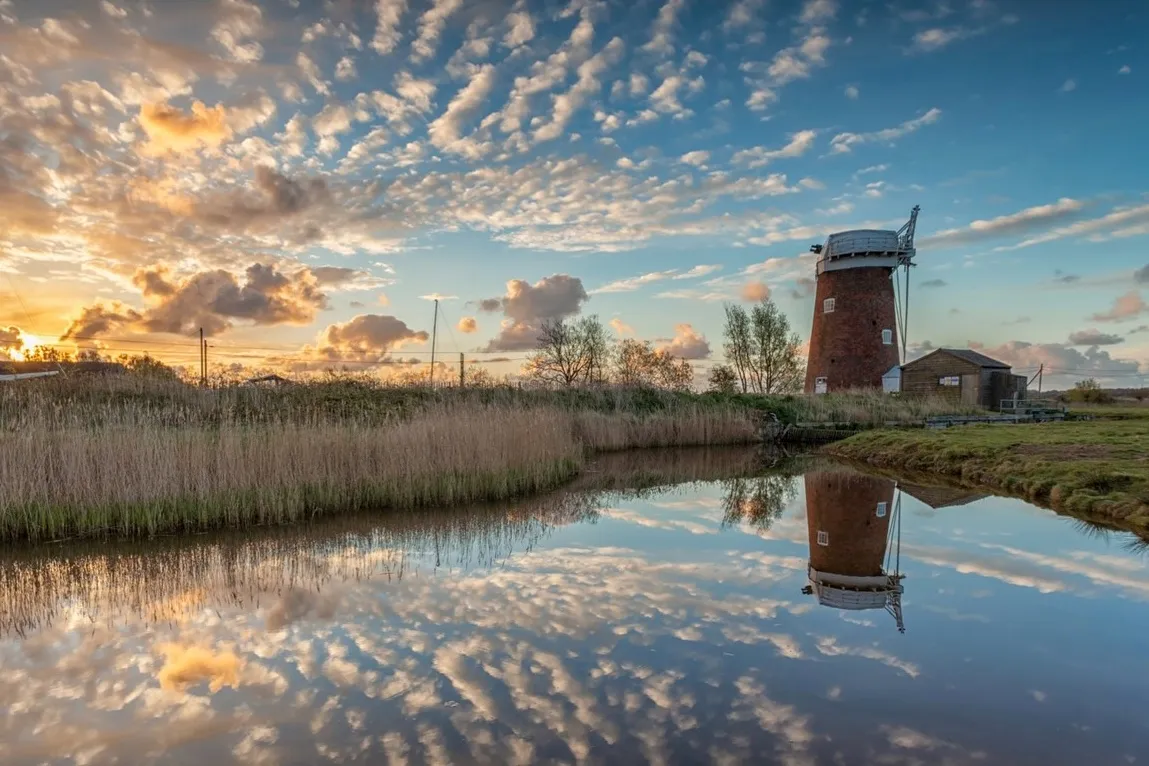
Enjoy a moderate circular walk around the village of Horsey in the Norfolk Broads, discovering marshland, wild coast and grey seals.
Great Eastern Pingo Trail
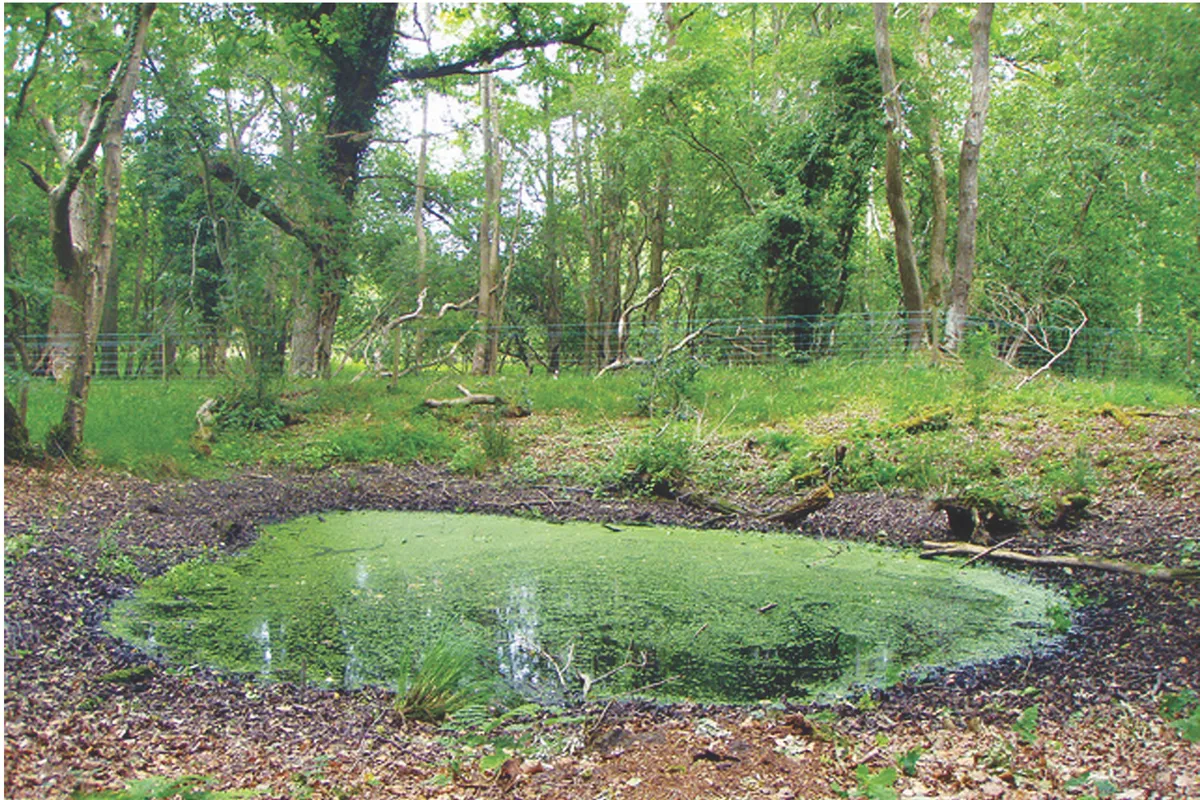
The British landscape is strewn with unusual-looking reminders of our ancient past. One such landform is the pingo, a small pond of surprising significance.
St Benet’s Abbey
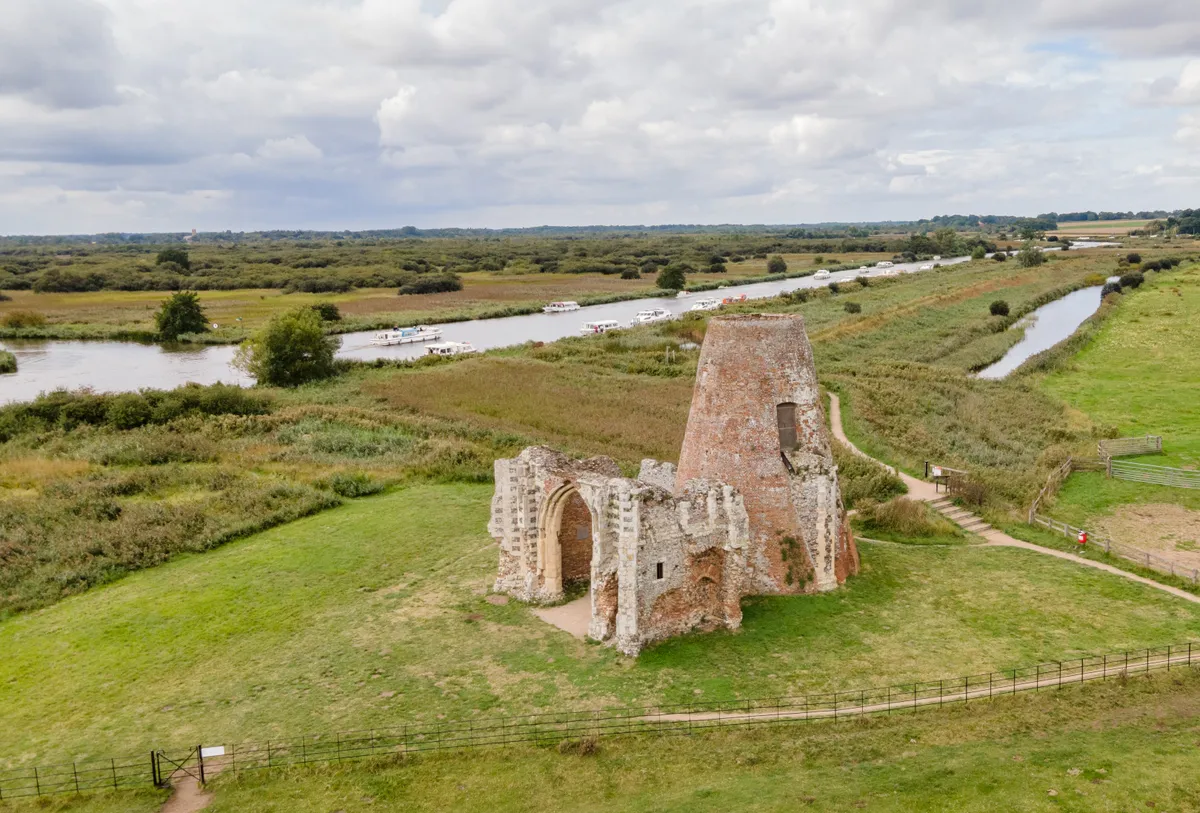
Once the home of wealthy monks, a famous knight and an industrious farmer, this lonesome relic now stands empty, save for the occasional crow, owl and wintertime wren.
Holme Dunes
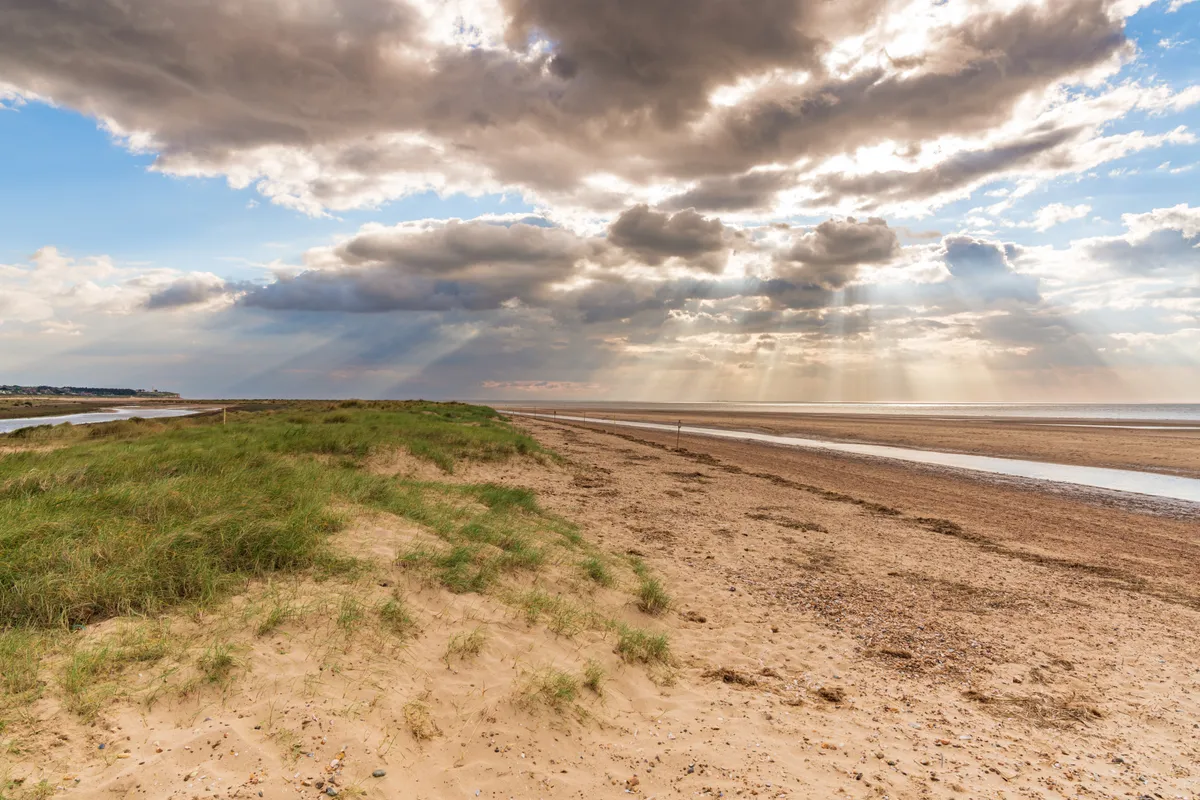
Take the Norfolk Coast Path along the dunes and out on to the beach. This expanse of sand is often empty in winter, save the bar-tailed godwits, oystercatchers and dunlin that stalk the peat-beds exposed at low tide. Watching birds is an excuse to loiter, focus, slow down.
